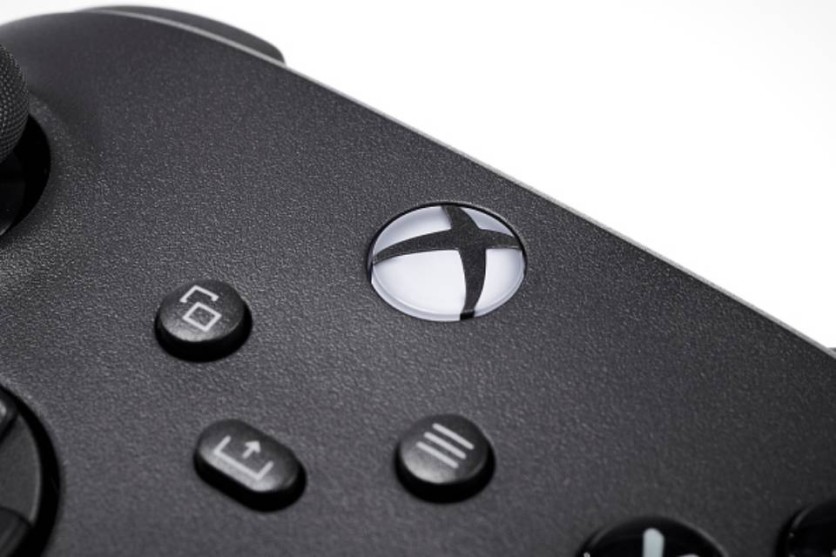
Confidential documents have surfaced fresh from the ongoing FTC v. Microsoft legal battle, unveiling Microsoft's ambitious plans for the future of Xbox.
Engadget highlights in a report that the leak not only reveals a mid-generation refresh of the Xbox Series X but also presents a new concept known as the "hybrid game platform."
Next-Gen Xbox
Microsoft's vision for the next generation of gaming transcends traditional boundaries.
Their upcoming "hybrid game platform" aims to blur the lines between local hardware and cloud computing. This revolutionary concept is set to usher in a new era of gaming experiences, with a projected release in 2028.
The leaked documents provide an intriguing glimpse into Microsoft's aspirations.
"Develop a next-generation hybrid game platform capable of leveraging the combined power of the client and cloud to deliver deeper immersion and entirely new classes of game experiences," reads one of the slides.
The goal is to optimize real-time gameplay and enable performance levels beyond the capabilities of client hardware alone.
The Hardware Arsenal
To achieve this lofty goal, Microsoft is preparing a formidable hardware lineup.
The leaked information includes mentions of next-gen DirectX ray tracing, dynamic global illumination, machine learning-based super-resolution, and micro polygon rendering optimization.
These features promise to elevate the gaming experience to unprecedented heights.
What is particularly exciting is the flexibility of the system. It can cater to various devices, from powerful consoles to affordable "Thin OS" devices relying on xCloud computing, potentially priced at $99.
This inclusivity ensures that gamers of all backgrounds can access the next-gen gaming ecosystem.
The Power of Hybrid Compute
Microsoft's "hybrid compute" approach represents a fundamental shift in gaming technology.
Unlike traditional cloud gaming, where elements are offloaded entirely to remote servers, this hybrid approach combines local GPU power with cloud computing.
Imagine your primary character running on your console's GPU while non-playable characters and background elements are generated remotely.
It is a game-changing concept that could redefine how we perceive gaming performance.
AI and Machine Learning Integration
Artificial intelligence and machine learning are set to play pivotal roles in the next-gen gaming landscape.
Microsoft envisions neural networks enhancing various aspects of gaming, from super-resolution and frame rate interpretation to latency compensation.
These technologies will improve game experiences and enhance player services, addressing issues like safety, toxicity, and personalization.
On the creator side, AI will be instrumental in-game testing, procedural content generation, physics simulations, natural language processing (NLP) dialogue, and live operations management.
Partnerships and Roadmap
Reports tell us that the leaked documents suggest that Microsoft is discussing Navi 5 graphics and Zen 6 CPU cores with AMD.
While the roadmap is subject to change, it appears that Microsoft plans to kickstart hardware and hybrid game design in 2024, with developer kits becoming available by 2027 and shipping to consumers by 2028.
The Conversation Behind the Vision
Preceding the slideshow of revelations are documents capturing a conversation between Microsoft CEO Satya Nadella and Xbox's Phil Spencer.
They discuss Microsoft's ambitions for various computing domains, including cloud, Xbox, Windows, and HoloLens, highlighting the need for unified vision and collaboration across the company.
It is worth noting that Microsoft's vision for the next-gen Xbox seems to be a work in progress, with references to a "mobile controller" and ongoing design choices.
Stay posted here at Tech Times.
Related Article : Microsoft Surface Device Gets Firmware Update: Surface Book 2 Included in New Patch

ⓒ 2026 TECHTIMES.com All rights reserved. Do not reproduce without permission.




